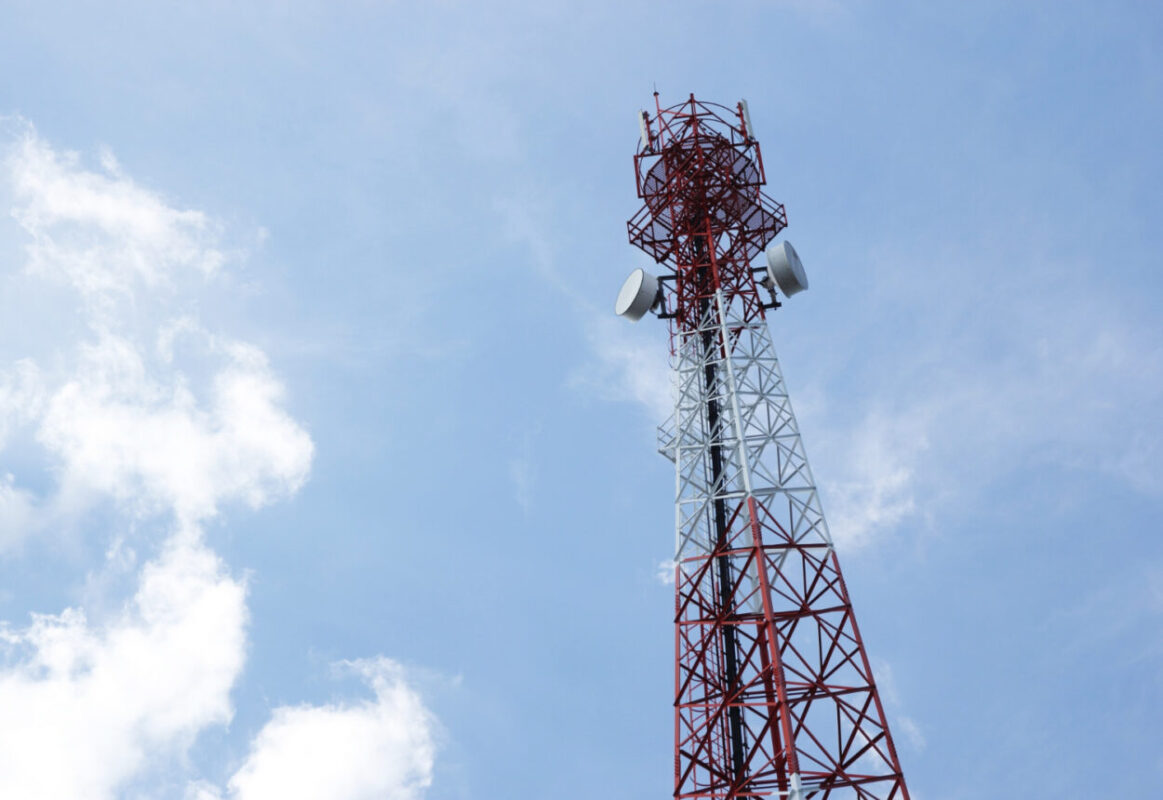We are currently experiencing a significant transition in mobile telecommunications as 5G networks are being rolled out nationwide. The UK has been one of the leaders in this area, with multiple operators launching their 5G services across 2600Mhz already. 5G offers exponentially faster speeds, reduced latency, and increased capacity. It promises to transform the way we connect and interact with the digital world.
UK network providers such as EE, Vodafone, Three, and O2 have been building their 5G infrastructure across all cities in the UK, with rural coverage also gradually increasing. According to a report from Ofcom, as of January 2023, at least one mobile operator provides 5G services in approximately two-thirds of the UK, with more areas following suit.
How will 3G switch off affect the average mobile user?
Mobile providers across the UK are phasing out 3G networks to make space for faster 4G and 5G services. With Ofcom expecting 3G to be shutdown in the majority of areas by the end of 2025, the official total shutdown date for both the 2G & 3G networks is expected to be complete in 2033. As the networks carry out this work, customers can expect volatile changes in signal between now and the 2033 completion date.
This transition to improving 4G and rolling out 5G across the UK may affect customers’ mobile signal in different areas, as bands or towers you rely on change. This is due to the networks adjusting and repurposing the spectrum. You might even lose the ability to make calls, send texts or use your mobile data in these areas, if your closest cell tower is decommissioned. So how does this affect customers that use a 3G Mobile Signal Booster?
Can I Improve my Signal with a Mobile Signal Boosters

If you’ve found your signal has suddenly gotten worse, and you feel it may be a direct impact of the 3G switch off, or the Vodafone and Three merger, you might want to consider trying to boost your mobile signal. As a response to the current changing landscape and to address areas with weaker coverage, mobile signal boosters, like the Huaptec 4G Booster HiBoost 4S-PRO, have become increasingly popular for home use. Boosters are most frequently used in the UK for improving 4G signals, and they will continue to be relevant as the UK transitions from 3G.
The Huaptec HiBoost 4S-PRO is designed to boost 4G LTE signals, improving voice and data for users experiencing poor mobile coverage in their homes. For people living in areas where the 5G rollout is happening, they can greatly benefit from these boosters. While 5G is not currently able to be boosted due to Ofcom guidelines, the 4S is perfect for providing uninterrupted connection in small offices or homes.
For the everyday mobile user and businesses, the phasing out of 3G and the arrival of 5G necessitates preparation for the future while also providing for present needs. Signal boosters offer an effective interim solution until 5G coverage is more widespread. With Ofcom being expected to allow 5G booster technology in the future, signal boosters like the HiBoost 5S-PRO which can support the 5G network will also become more popular.
In conclusion, the 5G rollout will bring us into the future while making the 3G frequency redundant. While it is a necessary shift, it will affect customers across the UK during the rollout and decommissioning of old base stations. Devices like the Hupatec 4S signal booster, which are Ofcom compliant and fully legal to use, can keep individuals and small work spaces well-connected as we look forward to an exciting future.
Image Source: Freepik

